Thailand is planning to turn its cement industry capital Saraburi into its first low-carbon city.
Thailand has begun to take concrete actions to achieve its goal of net zero emissions by 2065. One of the notable plans is the "Saraburi Sandbox" project, a public-private partnership that will transform the cement industry capital of Saraburi into Thailand's first model low-carbon city.
Saraburi is located in the central region of Thailand, with many heavy industrial factories, especially cement factories. More than 80% of Thailand's total cement production is produced in this province. Therefore, Saraburi is associated with environmental pollution problems. According to the provincial greenhouse gas emission reduction guideline report, in 2015, Saraburi emitted 27.93 million tons of CO2, of which the industrial process accounted for more than 68.3%; the energy sector ranked second with a rate of 16.9%.
The project aims to implement pilot commitments in line with the key areas outlined in the country’s Nationally Determined Contribution (NDC) roadmap. For example, using low-carbon fuels, applying carbon capture and storage technology; energy transition; green agriculture . Thus, contributing significantly to reducing greenhouse gas emissions in line with the Net Zero target.
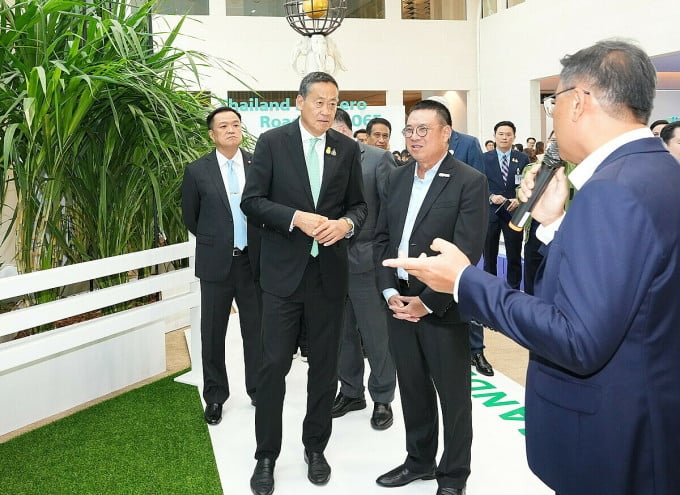
Thai Prime Minister (second from left) listens to businesses introduce green initiatives.
Speaking about the choice of Saraburi, Mr. Thammasak Sethaudom, Executive Vice President of SCG, one of the companies promoting the initiative, said that the province has the potential to demonstrate Thailand’s transition to a low-carbon society. In fact, Saraburi has a diverse economic activity, including heavy industry, agriculture, and ecotourism.
"If Saraburi successfully converts, it can encourage other provinces to follow suit," he said.
Kitipong Promwong, chairman of the Office of the National Higher Education, Science, Research and Innovation Policy Council, said some efforts were already underway. For example, construction projects in Saraburi will be required to use lower-carbon cement (a new building material to combat climate change) from 2024 – conventional cement currently accounts for about 8% of global CO2 emissions. Local cement companies will also be more active in exporting green products.
In agriculture, people are instructed in the technique of alternating wet and dry irrigation in rice cultivation to reduce water consumption, costs and greenhouse gas emissions. In areas of land that are no longer suitable for cultivation, Saraburi farmers will plant elephant grass. This is a crop used as raw material for wood pellet production. In addition, 38 community forests across the province have also been established to increase the ability to absorb greenhouse gases, creating the premise for ecotourism.
“These activities not only reduce carbon emissions but also contribute to ensuring people's livelihoods,” said Mr. Kitipong Promwong.
Regarding energy, Charoenchai Chaliewkriengkrai, Chairman of the Saraburi Provincial Federation of Industries, said that it is necessary to liberalize clean electricity trade through grid modernization. He said that the public and private sectors should take advantage of the shared grid to have more convenient access to transmission lines. In addition, there should be policies to encourage businesses to develop efficient, cost-effective battery storage technologies and have more energy sources.
Another important direction that the business community has raised is the transition to a circular economy. Three key industries in Thailand, including packaging, automobiles, and construction, have committed to embarking on this path.
The plan has been submitted by the business community to Thai Prime Minister Srettha Thavisin. "This is a key industrial city with many challenges, so to be successful, we need to promote cross-sectoral cooperation through strategic solutions and capital," Mr. Srettha Thavisin noted. He encouraged the parties involved for the success of Saraburi Sandbox - because this could be a shining example for other cities and industries in the future.
Towards the goal of Net Zero by 2065, the Thai government also plans to prioritize waste management policies and support green public procurement. With renewable energy, Thailand is committed to optimizing its use and seeking opportunities for exploitation and trade. This orientation promises to attract foreign investors and corporations in the future.
Duc Minh
Source link







![[Photo] Prime Minister Pham Minh Chinh and Prime Minister of the Kingdom of Thailand Paetongtarn Shinawatra attend the Vietnam-Thailand Business Forum 2025](https://vphoto.vietnam.vn/thumb/1200x675/vietnam/resource/IMAGE/2025/5/16/1cdfce54d25c48a68ae6fb9204f2171a)
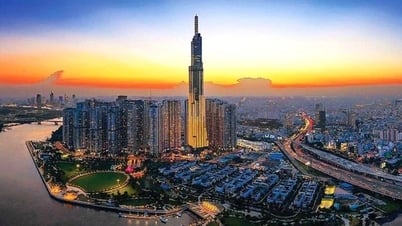








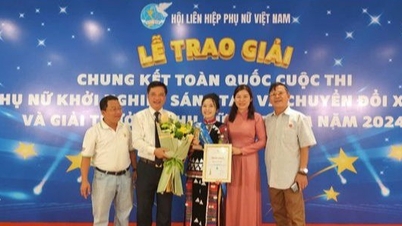

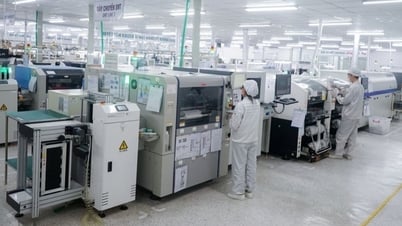




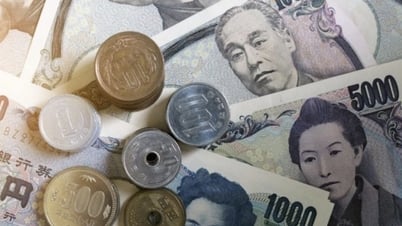
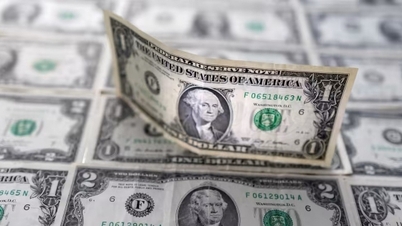










![[Photo] President Luong Cuong receives Prime Minister of the Kingdom of Thailand Paetongtarn Shinawatra](https://vphoto.vietnam.vn/thumb/1200x675/vietnam/resource/IMAGE/2025/5/16/52c73b27198a4e12bd6a903d1c218846)











































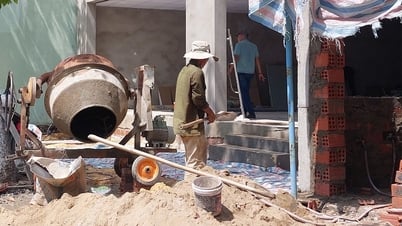

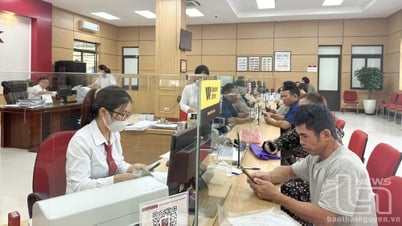





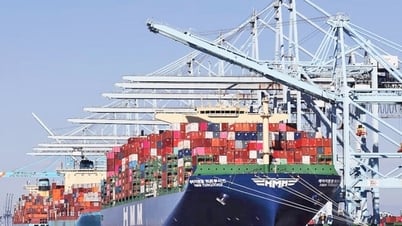













Comment (0)